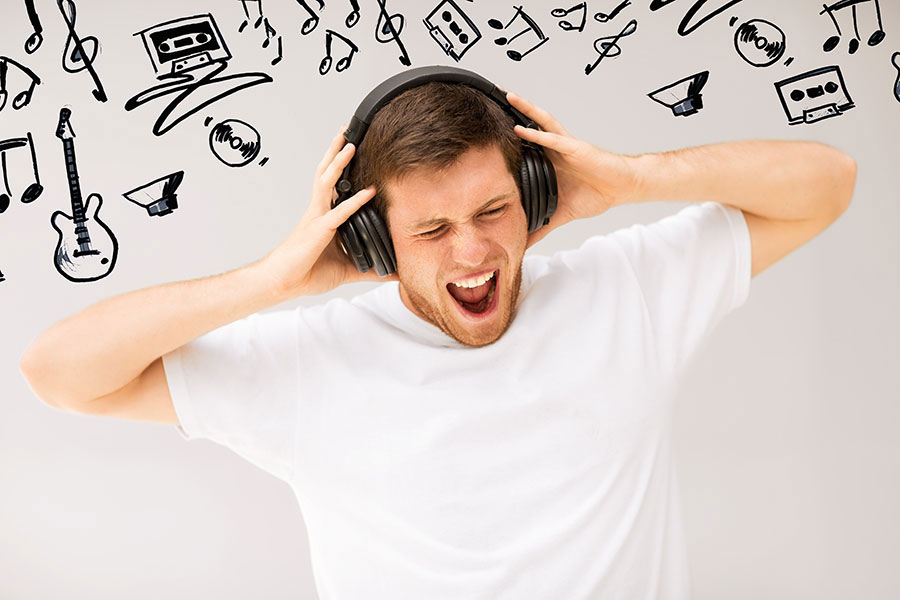Hearing is one of our most precious gifts. It enriches our lives and connects us to our surroundings. In modern, noisy environments, however, it is crucial to acknowledge factors that may affect hearing health. Read on to learn which factors affect hearing and how to protect the most vital of senses.
Extended Exposure to Loud Noises
A preventable and common factor detrimental to hearing is exposure to loud sound. Whether it’s from concerts, in-ear audio devices, or heavy machinery, prolonged exposure to loud noise may damage the inner ear’s delicate structures. Preserve your hearing by using protective gear in noisy surroundings, following volume recommendations when using earbuds or headphones, and seeking comprehensive audiological care when needed.
Occupational Hazards
Certain jobs expose workers to elevated levels of noise, putting them at greater risk of hearing loss. Jobs in manufacturing, entertainment, and construction typically involve loud equipment and machinery, and those working in such fields must prioritize protection by using earmuffs, earplugs, and other gear to mitigate the risks linked to occupational noise.
Improper Use of Audio Equipment
Portable audio devices offer convenience, which has led to increases in usage. However, improper use may contribute to long-term hearing damage. Inserting earbuds too far into the ear canal or listening at a high volume for a long time will cause irreversible effects. Protect your hearing by choosing noise-cancelling headphones and taking regular listening breaks.
Earwax Buildup
While it’s a necessary and natural protective substance, earwax buildup can create serious hearing issues. Built-up earwax will block the ear canal, causing discomfort and hearing loss. Don’t insert objects (such as cotton swabs) into the ear, as this removal method may push wax deeper and cause further damage. Instead of relying on DIY methods, consult a doctor for effective, safe earwax removal.
Smoking Tobacco
It may seem surprising, but smoking has been linked to hearing loss. The carcinogenic chemicals in tobacco—especially cigarettes and cigars—damage the nerves and blood vessels in the inner ear, affecting its function. Chronic smokers are more likely to suffer from age-related hearing loss than non-smokers. By quitting smoking, you’ll preserve your hearing and long-term health.
Bonus Factor #1: Age
Age-related hearing loss, which is otherwise known as presbycusis, is natural. The long-term deterioration of auditory nerves and inner ear structures may make it difficult to hear speech and high-pitched sounds in noisy environments. While it’s impossible to avoid aging, adopting healthy habits will help maintain hearing as you get older.
Bonus Factor #2: Medications
Some medicines, both over the counter and prescription, list hearing loss as a side effect. Diuretics, antibiotics, and chemotherapy medications are ototoxic, which means they cause damage to the structures of the inner ear. If you’re taking an ototoxic medication, discuss its benefits and risks with your doctor and take other steps to protect your hearing health.
Protect Your Hearing for Life
Protecting your hearing is a lifelong effort that requires proactivity and awareness. By acknowledging the factors affecting auditory health, you’ll work to mitigate risks and preserve your hearing. Whether it’s limiting noise exposure, using audio gear wisely, addressing workplace hazards, or making lifestyle changes, incorporating these tips into your life will maintain hearing health. You only get one set of ears—and taking care of them now will pay off later.
